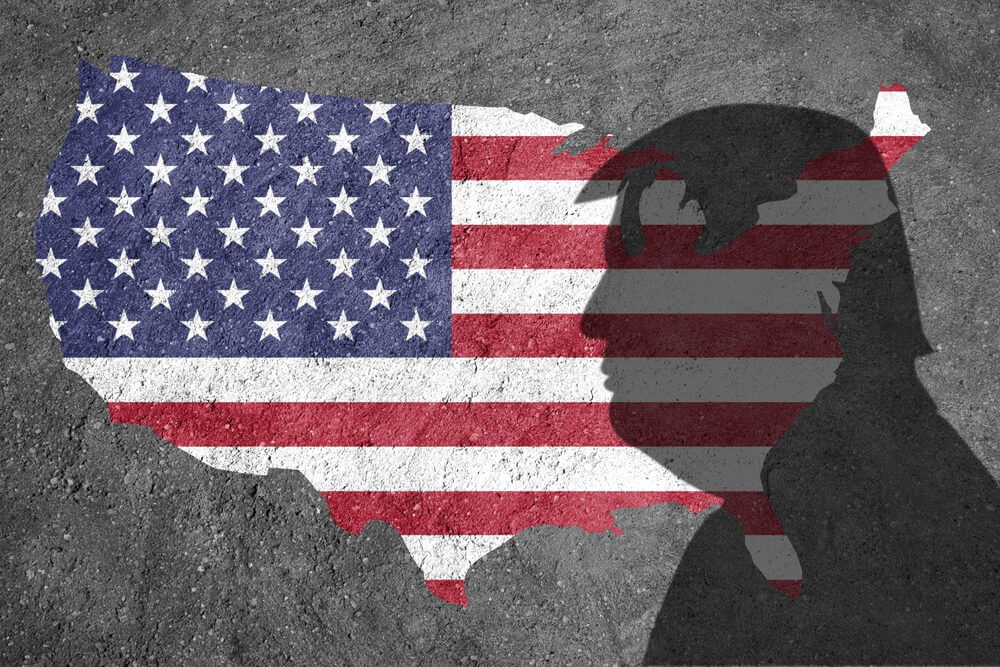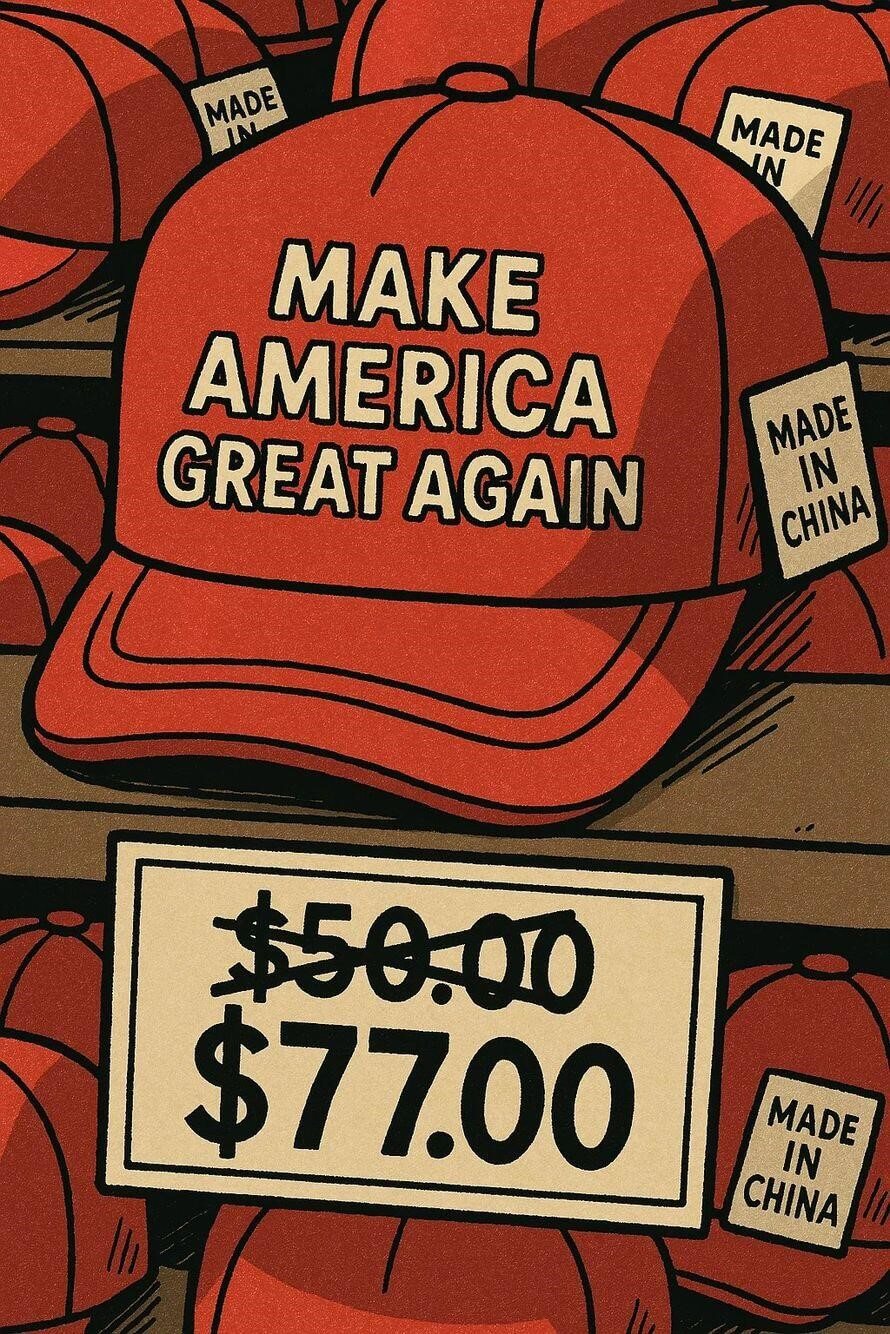More than a month into the conflict, and with no end in sight, the Russian invasion of Ukraine is already posing serious challenges to the global economy. In terms of oil & gas market dynamics of course, but also supply – vital to some countries – of wheat and other grains. And the Covid resurgence in China may only add to inflationary pressures, by partially shutting down the consumer factory of the world. Worse, a scenario of stagflation can no longer be ruled out. For stock markets, however, the point of reckoning will come only when, or if, interest rates move up sharply.
Although the EU has not formally decided to sanction Russian oil, some European companies are apparently refusing to take in cargos from that country, for image reasons. Russia is thus having to redirect its shipments of crude oil and petroleum products to countries still willing to accept them, India for instance. As such, trade distances are becoming much greater, to the benefit of shipping companies that are enjoying healthy freight rates, but to the detriment of consumers forced to pay higher prices. In agriculture, the problem is more serious even. Right now, with Ukraine under fire, ships are close to unable to transport grains out of the Black Sea harbours towards North Africa and the Middle East. Not to mention that the Black Sea is becoming ever more dangerous to sail because of drifting mines. Medium-term, if this sowing season in Ukraine cannot be carried out as normal because of the war, future grain crops will go missing. Ukraine being one of the world’s major exporters of grain, this bodes scarcity, or even famine, once existing inventories have been depleted. And the Arab spring in the early 2010s demonstrated how hungry populations can act…
Meanwhile, in China, the Covid pandemic is taking a turn for the worse, with the Omicron variant propagating fast. The situation is quite dramatic in Hong Kong, and becoming so also in Shanghai where a one-week lockdown of half of the city has been imposed – to be extended to the entire city soon. Traffic out of these two major Chinese container ports risks being severely hit again. If Chinese authorities lose control of the health situation, then the rest of the world will have a serious supply problem for all “made in China” goods.
The conjunction of the war in Ukraine and the Covid resurgence in China indicates that upward price pressures are here to stay. This is now generally well acknowledged by investors, although we would argue that consensus inflation expectations remain too optimistic, in that they neglect the wage-price spiral that could set into motion. And central banks seem to have no clue about how to cope with such a prospect, meaning that they are liable to keep interest rates on the low side for too long.
To date, we have never used the “stagflation” word. Unfortunately, this does seem to be where we are heading, with inflation high for longer and economic growth to suffer a serious hit over the coming quarters – unless of course a fast resolution of the Russia-Ukraine conflict is achieved.
A recession in Europe, and possibly also in the US (although its economy does look less vulnerable), would in turn weigh on company earnings. In our opinion, this risk has not been priced in by equity markets, even though valuation multiples are off their highs.
Since the onset of the war, investors have reacted as they did during the Covid pandemic: buying the dips.
This is not surprising when one notes that a good portion of today’s retail investors are below 30 – meaning that they have no experience of how bad stock markets can get and for how long bear periods can last. One must look back to the 1970s to see the damages caused by stagflation. And the most recent stock market crashes date back to 2000 (dotcom bubble) and 2008 (Great Financial Crisis): times when today’s under-30s were not yet actively trading.
That said, our point is not that stock markets are about to collapse. Indeed, we expect the upward trend to continue for some time, if only because of the lack of alternatives to equities. Any small piece of good news coming out of Ukraine will also be celebrated by investors.
What will – eventually – lead us to reconsider our equity positioning is if inflation gets totally out of hand, if its secondary effects (e.g. on wages) are not effectively managed. Because, at that point, central banks could have their “Volcker moment”, abruptly deciding to hike rates a lot. Which would then trigger the so-called “big shift”, a generalised move out of equities and into bonds.
For now, if we have one piece of advice on the equity front (beyond adjusting exposure out of Europe and into the less vulnerable US and Japanese markets), it would be to abandon the “buy on dip” approach and rather start adopting a “sell on rally” strategy. As well as keeping some option protections in the meantime.









